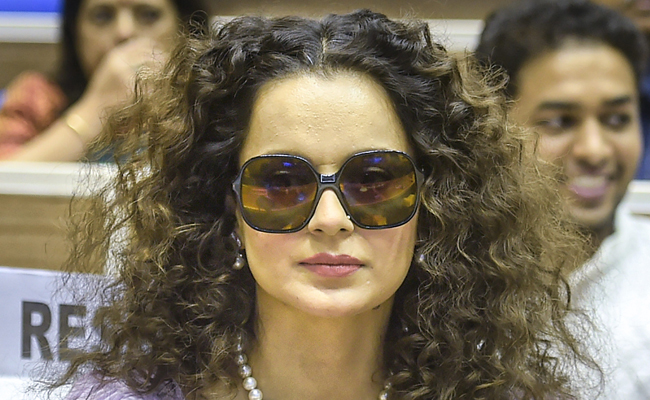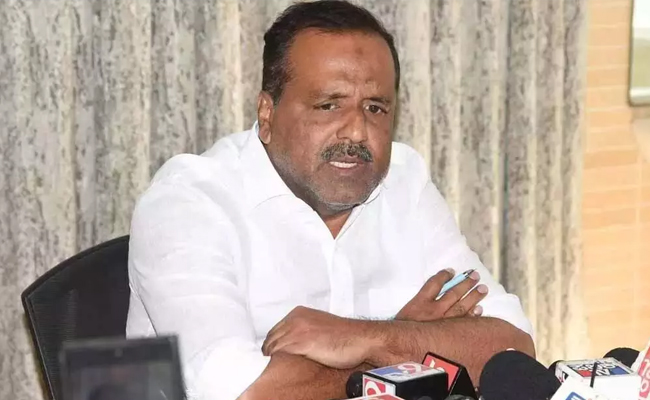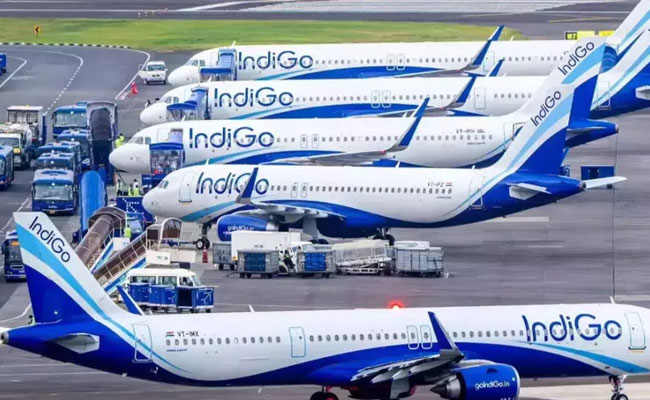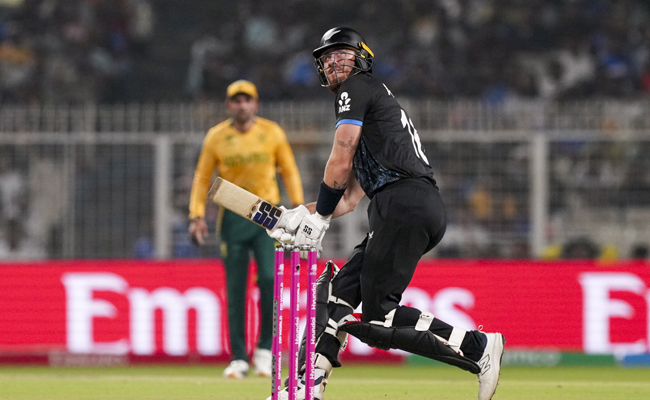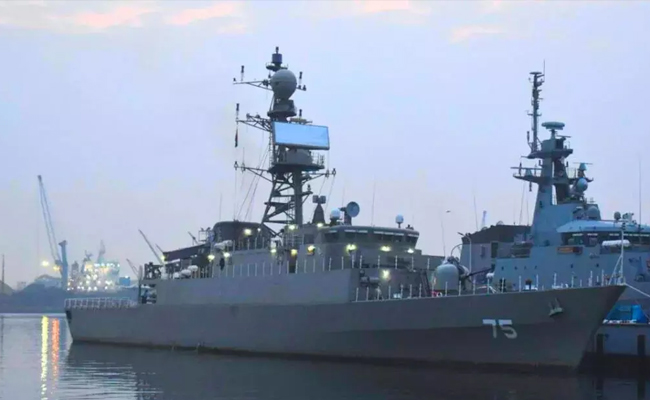Mumbai (PTI): The Central Board of Film Certification told the Bombay High Court on Monday that actor-producer Kangana Ranaut has agreed to the cuts suggested by the CBFC in her movie "Emergency".
A division bench of Justices BP Colabawalla and Firdosh Pooniwalla was hearing a petition filed by the film's co-producer Zee Entertainment Enterprises, seeking a direction to the CBFC to issue a certificate for the film, helmed by Ranaut.
The movie, which was initially slated for a September 6 release, has been embroiled in a battle with the censor board for non-issuance of certificate for its release.
Ranaut, who has directed and co-produced the film besides playing the lead role of former prime minister late Indira Gandhi, had accused the CBFC of stalling certification to delay the release.
The biographical drama is caught up in controversy after some Sikh organisations including the Shiromani Akali Dal objected, accusing it of misrepresenting the community and getting historical facts wrong.
During the hearing on Monday, advocate Sharan Jagtiani, representing Zee Entertainment, told the high court that Ranaut has informed them about the revised changes that they (CBFC) wanted to make.
The matter has been agreed and discussed between her (Kangana) and the CBFC, he said.
However, Zee Entertainment needs time to confirm about the cuts that are to be made, he added.
Ranaut's Manikarnika Films is the co-producer of the movie.
CBFC counsel Abhinav Chandrachud told the bench that the cuts would not touch even one minute and it won't affect the movie's length.
Most of the changes have been agreed upon by the Manikarma Films, he added.
The court adjourned the matter till October 3 and asked both the parties to seek proper instructions.
Zee Entertainment in its plea claimed the CBFC had already made the certificate for the movie but was not issuing it.
It had earlier alleged the certificate was being withheld due to political reasons and due to the upcoming elections in Haryana.
The bench had then wondered as to why the ruling party would act against Ranaut, who is herself a BJP MP.
Let the Truth be known. If you read VB and like VB, please be a VB Supporter and Help us deliver the Truth to one and all.
Mangaluru (Karnataka) (PTI): Karnataka Legislative Assembly Speaker U T Khader on Wednesday sought an inquiry after a large number of Aadhaar cards were found on the banks of the Nethravathi River here.
The cards were found at Farangipete in Pudu village of his Mangaluru Assembly constituency.
Khader, in a note to the Project Manager of the Unique Identification Authority of India (UIDAI), Bengaluru, sought immediate intervention and necessary action against those responsible.
In the note dated March 4, he said that local residents noticed the Aadhaar cards along the riverbank on March 3.
Following information received from the public, the Pudu Gram Panchayat president and villagers collected the Aadhaar cards found scattered in the area. They subsequently brought the matter to his attention and the concerned authorities, he said.
Expressing concern over the incident, the Speaker has directed that a thorough investigation be conducted to ascertain how such a large number of Aadhaar cards ended up on the riverbank and to identify those responsible.
He instructed officials to initiate appropriate legal action through the concerned department at the earliest.

